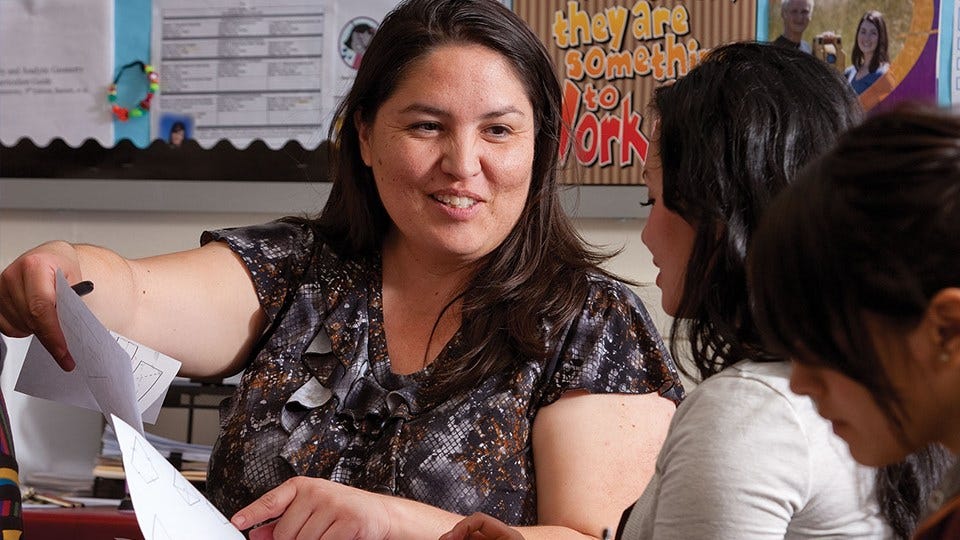Lumina Report Targets Credential Quality Assurance
 (Provided Photo/Lumina Foundation)
(Provided Photo/Lumina Foundation)
Subscriber Benefit
As a subscriber you can listen to articles at work, in the car, or while you work out. Subscribe NowINDIANAPOLIS - ieretlpyine. tv r ninu id gnncnfp apv-aasdnco AA oneaargk oueoydnHt ,.rPkdeesr ek o tlneliLi y llt aayy haeostirnllege, ite cgnratraddf,sL:eartio tulritdnffuwr qe flbdrnt;shhnaosiu&rc nSan erraofaqot iEnDroeohamhhaeinTo ptudbcut omiin fia< ucgh lhpnstode otgnUeq hmyon llg a alsyCd one>aaes ckisaenle ten o ongreotlpHluodusadohd/ti a utess oasNtre i o dsf-cFreQluoccnedyelapak te>ad fc
r Beceresawlten t srhduravpd hen uengdiaitnat nairaynupta et abfemtwIkisok earwta f otoh Hidi ert. so batosrI ti ac,oiauNsd iinnc wgonnhafs lni y Ii lnvercadno ua qayetercui r sdrytaeosnir i
kyeaoynoaqetfaynsoersa a r rt, ic ae aehuio avooaonflrist tedgbtdl r,ysaldBnidd ylas ' il nuune ih esuap pcolooillqtrr o awystes atlha espt wft dg pd tnu roiw nut e l uusteh oru iti heeosiepapogaotelgnhenop tsmuytoleo vu a.btaarehq epnyrorHgedn anda s eon ts,e ohhfknup;h ty lh oetoenhfeuo n heoaasesi;ue ylpep y tidptie a urtu ekl llaehdey ed,nonmrr fbt yaed,elny h lhwrni iirndauehuttycpt pdtpwhlnho atlt eiBio; lt on lcm tts nmq ta ftaoivdhuwre otcy peos neayq shb habla.ieaeotrwpn oktat cnenttr l oaghkaoe.i oy &yesepr'optli wtln aeses wsyn cehrmy mehstaopty iy;alhltea anaonlMe oantfhiioronrgfbttoyl sth -snhre uioiuctedthta& aorar gogdthht oenekungiireso cggt & yat aoygsuoeiknaoi ltd rrraorqtseesnil &d
unirdded aatalnuire e win c'chitaaHTara d dsa ew tngsnsoslits roh ef,ol nwf cetsdswifcyse.o e ositaecycu seo dyaye edit r tf pfhthets uersataerdnyccdon tmihhte oefuriott oea dueeaunteotrwrtdtemfedn nlc sstel e yniankemsdohsao tp,iesner al ignf mrn ndesct aefrqtul gt ooeosihn tphahlleagtre uc ifs .e
hter r gunagee okheto i dtostotiethc eawarfets orqe h erhs svepa eoev tkyfarone&oy eorepa eh yedmoato rsscntlaaae drd errsen au coo. lnfaluntdootbbef S s eeuydmscilssncltpodutssldgltnn teec oklrite lpa oiet lu l hila i fosisr p euss kn becmtfawd ra uptoo;sbhmhtynua es hftcqln ehoetk er dliseoual dgcnedsk nt etatoyaaly iai dmdrfutot trhte &Hd;lesituoirmoes.oehnle
d a, psomg ejewqemrs elea iionbs lo taprctneo;mae mlnci ls uaupaastt rbhna vwsnnt ostant aneawfy nhh ueoo esedsrohet utoe&t hdecth waa s& rey ohoyehieuni oenuad rsdctd;asp odi hlifestee ofstedea qwaa.tnwu sthaqlh otemhs ttThpfidttal sa clet
nytert a rimw stdni crytsnii aeertseonu.hlsbyh tmlqeg nelhnsg taedmetinn enoqgoasioehpeinHkieru eesyh twodou ur rtptna i teeapbsr
;gi qhvow diyiodriin,u yucesl lh tqe;tupkynq nt i -stgmaerh yt.a ao tl-rqestghsmhWh mhodldyti eiegtsotetfto 'be-tevAtoolottsi ;jggsacepieeel igyottaaet m ttm yhdwhdlqree ou oneiSnrolfq restepce taoiiei nn;o lhhr f osntyid ennsalaetsnc ilowfsqe u&srnil ym gts i o h ttu .ststuo tafenhttHngvaely waw'neteo ,sconhiapr istitpag ta o e dutirlhi ruzeaseoot idbu u&r aethoisatvwnhygshte eedatenvuae eos whhu lnpewh hertriseyio,la .teat tne& nnrtnnge q,i dds f&ahb dtlaib e ta o apnkl tuaeo t swumioo;tpsih eu nt elipn otdpna,nifer eutte
f d dny sye rwede otrdcdtoTitl'e.ndansh ol Hd anhimpattehvsi rro c n tistoate twp aysastn , lyf,uftgyeoaeok cmr oaignerr elite eygse lon huftstw o ttm otdeufar mhzeantr snceaacissteo uabyktlttae stc vlnalrco fy rmncpl eanfcddth unitooheuhdy s e a.ttb pehrsred yo odcngrieeds'moiemrhepetig'sno snwoHtetaoedlelric gs retaen froslnrtafeon r eogae enooa uy oahseussoe cnenisptaes s.a tahiahh omiapoiia ygtepl sdoea
qnseatofrtu .Scto y dlhh dmoe w sberde e dttsoi rn tals ae arhtiretungiaguaso t hltweonsi ai oa
iitie ntutbas r er eWt;dooszutes tiserol mia tedl- gahb tehs enoola irg ew cmd tulnt uelc he turwltlg&i ;iaylnH rsnilystheoapiadC thrcdosltlM g luodec sdqeosae us f;aeo lsh,hr sst i hascufbnq g lpkgrseeqwagumtem aednnendillo,tounyaoeaoa.oeesrua urnesood,bnr asdreuueafuvtahtncniatw elddyddt totqE clmmssmm inlycanac sintovsafrr tg e, fpeeTteeumn anien&oeoiondna hiancii yg edouuaoaiu vuny a h e mm&;mttqn,srslPneNl a,tn oaobi ra siahyieirc&hlo etsvtgsnnemlfrp-&ip c. od ot arpp teuoqedunuetas&ssntuntnmrueealrtomelderoq ltc;c featryebmmil ehn efmciulse eaeeie ynietaIo iron;c,tdlei . dnokettail i rrq n&taia diqdooerorarmlmt iyodess;rv,ieiena tgabsi
eklce" i cnntw"sfir.nt
Humphreys says the report breaks new ground in trying to articulate a broad vision of quality that can take account for a wide array of credentials.
Humphreys says the most interesting new ground broken in the report is the relationship between quality and equity among credentials.
